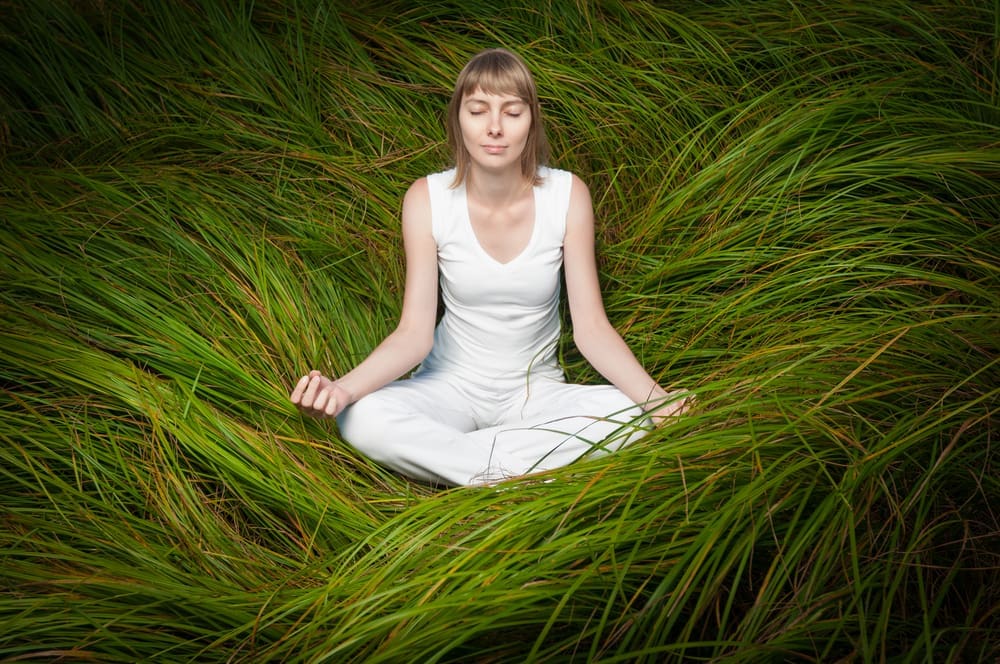When your brain is thriving, you’ll be thriving too. Brain health is vital for a healthy life, so it’s important to nurture it and take care of it as much as we would our physical health.
We humans have found a way to keep ourselves alive and longer than any generation that came before us. With our extended life spans it’s more important than ever that our brains are able to perform as best they can. There is plenty we can do to support this and ensure that our brains are on board with powering our fully-lived lives.
Throughout our entire life span, our brains will continue to grow new brain cells – provided we love them up and give them what they needs to do this. This becomes particularly important from our mid to late 20s, which is when our brains start to wither. They slowly lose density and they weight less. That’s the bad news. The good news is that we can slow the loss and stop stress, illness and whatever else comes with living life from falling our precious neurons. In fact, we have to. It’s vital to healthy living and to protect ourselves from mental illness and other diseases.
Meditation, which mindfulness is a powerful way to do this.
Recent research by UCLA has discovered that meditation seems to preserve the brain’s gray matter, which is the tissue that contains the neurons.
The researchers compared two groups of people. One had meditated for years and the other hadn’t. Both groups showed some loss of gray matter, which is to be expected as it’s a normal part of aging, but the group that had meditated had lost much less.
It’s not clear whether this was because meditation rebuilds the amount of gray matter that is lost as a normal part of aging, or whether it’s because meditation slows the rate of gray matter loss, perhaps by reducing stress and increasing general overall health. Perhaps both mechanisms are at play. At this stage we can only speculate, but what does seem clear is that meditation makes a difference and works hard to protect the brain.
We’re pretty clued in on what causes brain health to decline, but now the focus is shifting towards what flourishes it. Meditation or mindfulness is a way to to do this, to ensure we’re living a fully charged life for as well into our golden, no – platinum – years.
[irp posts=”802″ name=”Mindfulness: What. How. And The Difference 5 Minutes a Day Will Make”]
[irp posts=”1075″ name=”Mindfulness and Health: This is Why it Works”]


yeah! like your blog post-meditation is a practical based activity
It is also calm your body and brain
thanks
Although depression & anxiety are distinct diagnoses, they both can be treated successfully using a holistic approach that integrates modern medicine with natural therapies. Maintain a healthy lifestyle and eat foods like fatty fish and blueberries to keep your brain working on top condition.